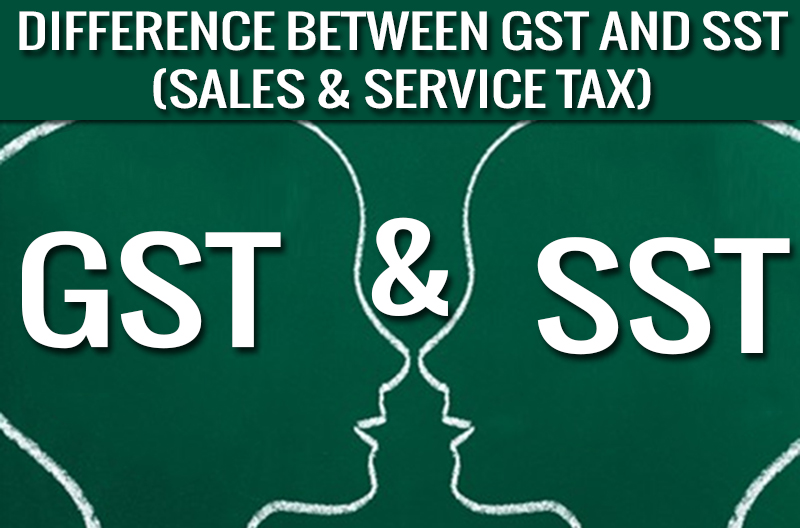The biggest indirect tax regime of India, the Goods and Services Tax (GST) is on its way to being adopted worldwide. After its inception, the present tax structure (Sales and Service Tax) will be replaced by the same. The need for GST in India is not only necessary to get rid of the troublesome current scheme of indirect taxes, but principally for reducing a huge number of exemptions, multiple rates and upgrading tax compliance.
Here we are going to focus on some of the fundamental differences between the two and why the former is very prominent to be introduced soon.
1. Goods and Services subject to tax
Unless specifically exempted, all goods and services are based on Goods and Services Tax. The concept here is negative. While for the sales tax, the concept is identical, but if no specific exemption is there, all of the goods are considered to be taxable.
The Goods and Service Tax regime would be profitable as it will be beneficial in both aspects, i.e., in monetary terms as well as in the administrative perspective. As compared to the current sales and service tax arrangement, brighter chances are there that the proposed scheme will grab a wider tax base.
2. Imported goods and services
The prevailing tax provisions are different for imports and hence the imported goods and services are subject to the service tax. The preferred GST bill in India will keep the customs duty away from the Goods and Services Tax. It will be handled by the customs authority independently. While in many countries, the provision of “reverse charge” is there, where the GST is applicable as tax payable.
3. Tax payment and accounting periods
To account for Goods and Services Tax and file the GST returns, it is very important to know the time of supply, and it is one of the prominent aspects of the proposed GST regime. Prior to the following three events, many countries applied for the Goods and Services Tax.
- At the time when an invoice is issued
- At the time when any kind of payment is received by the supplier
- At the time of a taxable supply
According to the present sales tax, there’s a sale or special case under which it becomes due and payable. While, in the case of service tax, it becomes due when the payment gets received and if not, from the date of invoice, the tax is accounted for at the end of the three months.
On the other hand, the Goods and Services Tax concept is very user-friendly plus much broader than the current sales tax and service tax. Due to high variations in the cash flow, issuing invoices and working capital needs, it is very important for businesses to consider the GST as a chief factor.
4. Group Registration
To remove the administration costs, most of the Goods and Services Tax plans provide a group registration facility for filing the GST returns. It would be very beneficial for those companies that are heavily involved in exchanging goods and services regularly. This upgrades the cash flow management. The same is not available in the existing scheme.
